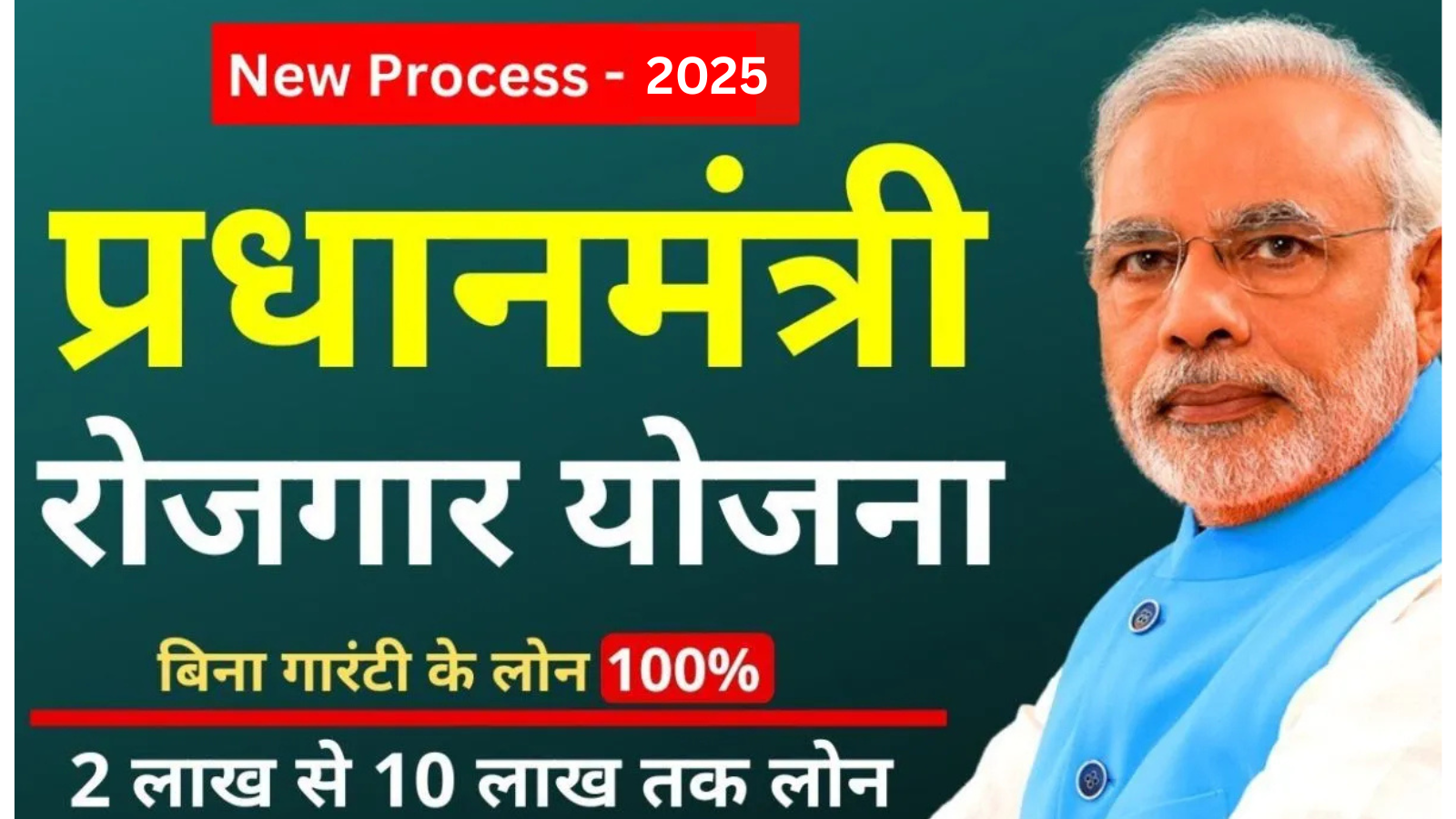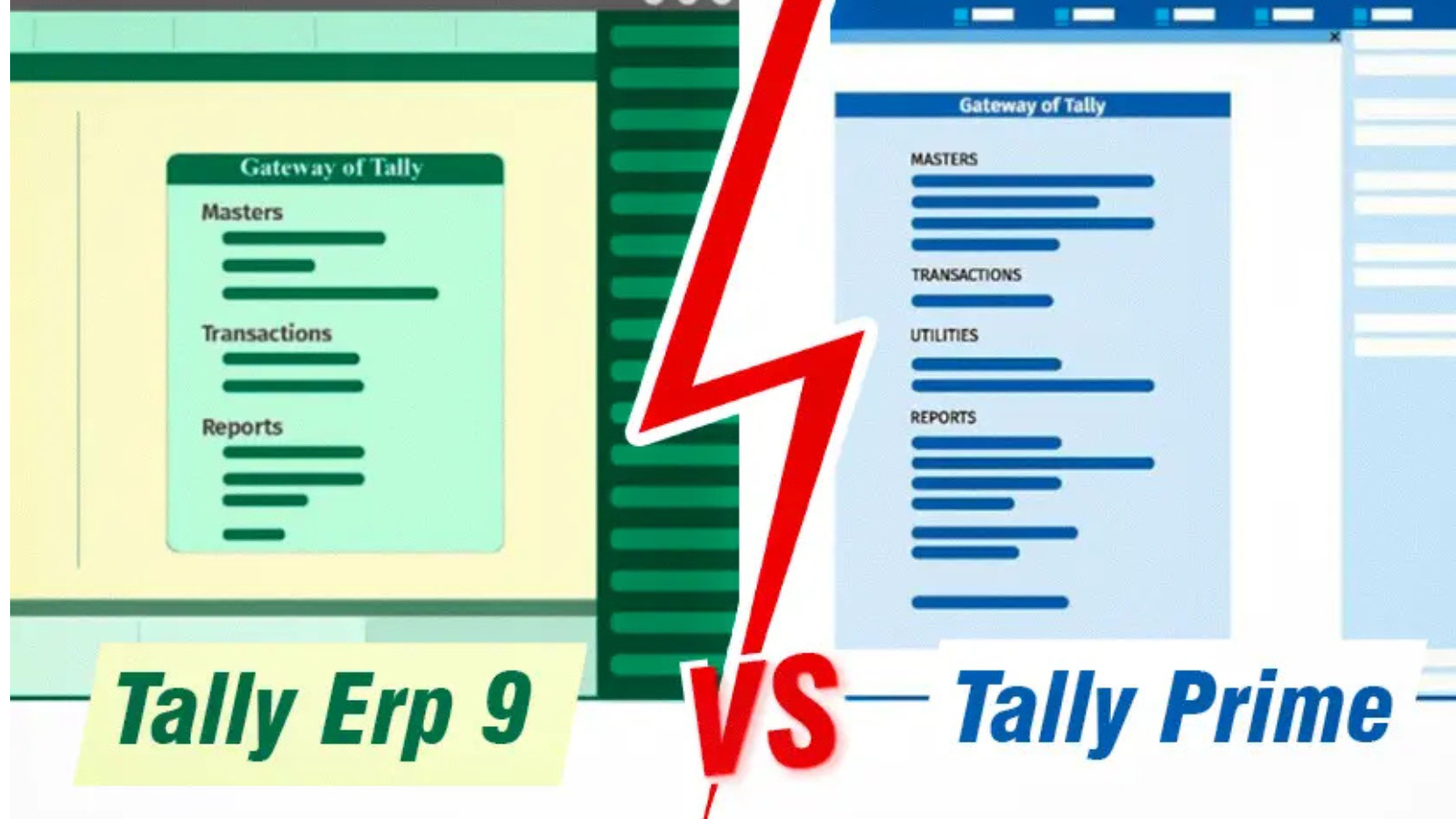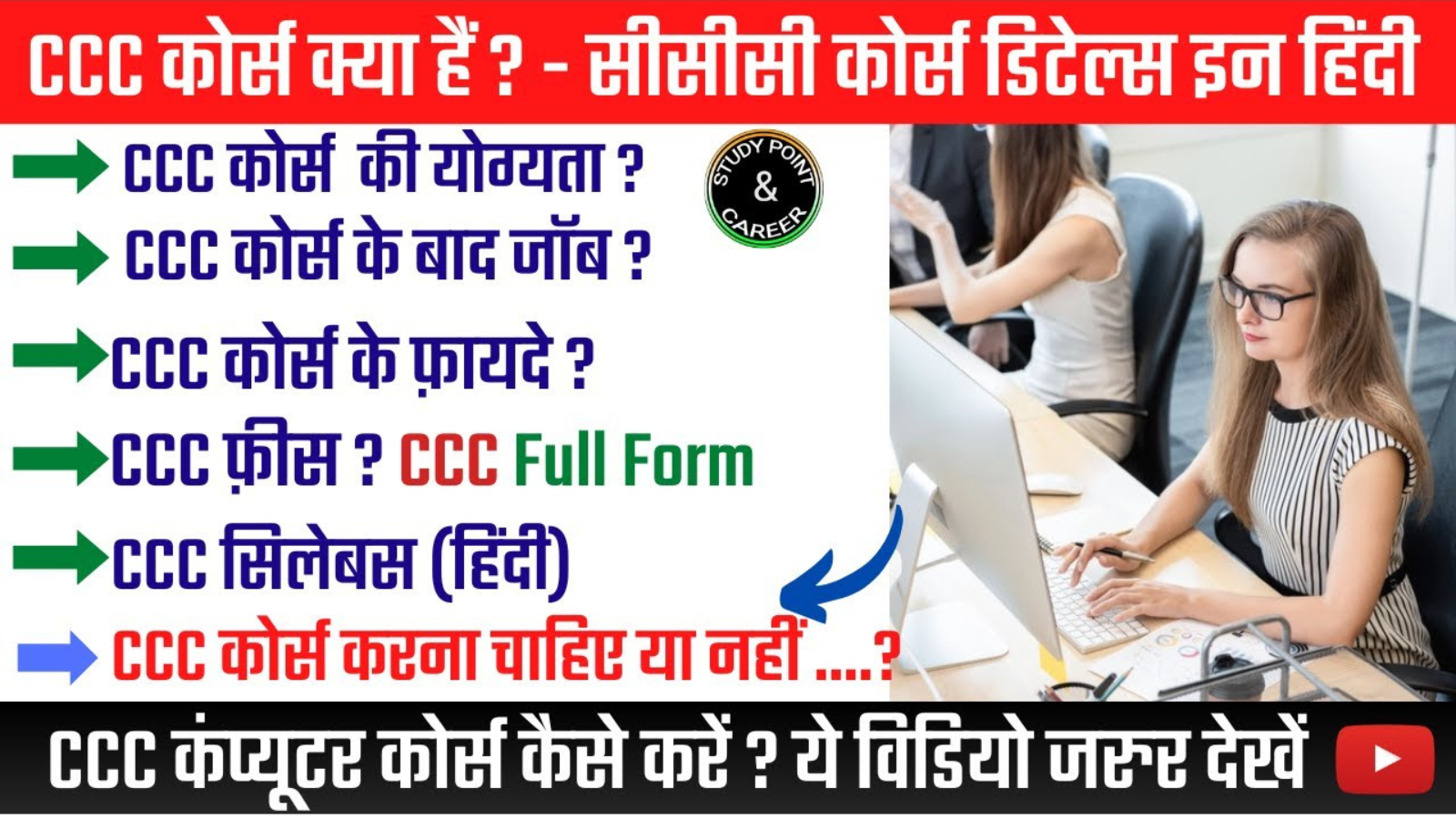Compare Health Insurance Policies: Which is Best for You? Health insurance is an essential tool in today’s world where medical costs are on the rise. With so many options available, choosing the right policy can seem daunting. This article will help you compare different health insurance policies to determine which one suits your needs the best. We’ll cover factors like coverage, premium costs, network hospitals, and more to ensure you make an informed decision.
1. Why Health Insurance is Important
Health insurance protects you from unexpected medical expenses. Without it, you might end up spending a lot on hospital bills, medications, and treatments. A good health insurance policy provides financial security, allowing you to focus on recovery without worrying about costs. It covers hospitalization, surgeries, consultations, and sometimes even preventive care.
2. Types of Health Insurance Policies
There are various types of health insurance policies available in India. It’s important to understand the key differences to make an informed decision.
- Individual Health Insurance: This plan covers one person. It’s ideal if you’re single or don’t need to cover dependents.
- Family Floater Health Insurance: A single policy covers all family members. The sum insured can be used by any member, making it a cost-effective solution for families.
- Senior Citizen Health Insurance: Specially designed for individuals above 60 years, these policies cover age-related health issues but may have higher premiums.
- Critical Illness Insurance: This covers serious diseases like cancer, heart attack, kidney failure, etc. Upon diagnosis, a lump-sum payment is made, which can be used for treatments or other financial obligations.
- Top-Up Health Insurance: If you already have health insurance but need higher coverage, a top-up plan helps increase the sum insured without changing the existing policy.
3. Factors to Consider When Comparing Health Insurance Policies
To choose the right health insurance, you need to look beyond just the premium. Consider the following factors:
a. Coverage and Benefits
- Hospitalization Coverage: Does the policy cover pre- and post-hospitalization expenses? This includes consultations, diagnostic tests, and medications before and after hospitalization.
- Daycare Procedures: Some policies cover treatments that don’t require 24-hour hospitalization, like cataract surgery or chemotherapy.
- Pre-existing Conditions: Check the waiting period for coverage of pre-existing diseases, as some policies may require a waiting period of 2-4 years.
- Maternity Benefits: If you’re planning a family, maternity coverage can be crucial. Some policies offer coverage for childbirth and newborn care.
- Annual Health Check-ups: Many insurers offer free annual health check-ups. These preventive services can save money and ensure early detection of health issues.
b. Premium and Affordability
Premium is the amount you pay for the policy. It varies based on factors like age, medical history, coverage amount, and type of plan. While a low premium might be attractive, make sure it offers adequate coverage.
- Deductibles and Co-payments: Some policies come with deductibles or co-pay clauses, which mean you have to pay a certain portion of the medical bills out of pocket. Ensure you are comfortable with these clauses before purchasing the policy.
- Renewal Premiums: Check if the premiums increase significantly upon renewal, especially as you age.
c. Network of Hospitals
All insurers have a network of hospitals where you can avail cashless treatment. Ensure that the insurer’s network includes good hospitals near your residence. Cashless treatment simplifies hospitalization by allowing the insurer to directly settle the bill with the hospital, saving you from the hassle of paying upfront.
d. Claim Settlement Ratio
The claim settlement ratio (CSR) reflects the percentage of claims the insurer has settled. A higher ratio means a better chance of your claims being settled without issues. Opt for insurers with a CSR above 90% for smoother claim processes.
e. Additional Riders and Add-ons
Many insurance policies allow you to enhance coverage with additional riders, like:
- Critical Illness Rider: Covers life-threatening diseases.
- Accidental Death and Disability: Provides compensation in case of accidents.
- Room Rent Waiver: Removes the cap on hospital room rent, allowing you to choose a higher room category.
4. Comparing the Top Health Insurance Plans in India (2024)
To make things easier, here’s a quick comparison of some of the best health insurance policies in India for 2024:
| Insurance Plan | Sum Insured | Key Benefits | Waiting Period for Pre-existing Diseases | Network Hospitals | Annual Premium (Approx.) |
|---|---|---|---|---|---|
| HDFC ERGO Health Suraksha | ₹3 – ₹75 lakhs | No room rent capping, covers day-care treatments | 3 years | 10,000+ | ₹12,000 onwards |
| ICICI Lombard Complete | ₹3 – ₹50 lakhs | Cashless claims, critical illness add-on | 2 years | 4,500+ | ₹15,000 onwards |
| Star Family Health Optima | ₹1 – ₹25 lakhs | Family floater, maternity coverage | 4 years | 9,900+ | ₹11,000 onwards |
| Max Bupa Health Companion | ₹5 – ₹1 crore | Covers pre & post hospitalization | 3 years | 3,500+ | ₹18,000 onwards |
| Tata AIG Medicare Premier | ₹5 – ₹50 lakhs | Free health check-ups, high claim settlement | 4 years | 7,000+ | ₹14,000 onwards |
5. How to Choose the Best Policy for You
Selecting the best policy depends on your needs:
- For Families: Family floater plans like Star Family Health Optima offer good coverage for all members, including maternity benefits.
- For Individuals: If you’re single or don’t need family coverage, ICICI Lombard Complete Health provides great individual protection with optional add-ons.
- For Senior Citizens: If you’re looking for senior-specific coverage, consider policies tailored for older individuals like Tata AIG Medicare Premier, which comes with age-appropriate benefits.
- For High Coverage: If you want extensive coverage, Max Bupa Health Companion offers a high sum insured of up to ₹1 crore, ensuring full protection.
6. Tips to Save Money on Health Insurance
- Buy Early: The younger you are when you buy health insurance, the lower your premium will be.
- Use No Claim Bonus (NCB): If you don’t make any claims during the year, many insurers reward you with a No Claim Bonus, which increases your sum insured without raising the premium.
- Choose Higher Deductibles: Opting for a higher deductible can reduce your premium, but ensure you’re comfortable paying this amount if you need to make a claim.
7. Conclusion
Choosing the right health insurance policy can be tricky, but by comparing different plans based on coverage, premium, network hospitals, and other key factors, you can find one that suits your needs. Whether you’re looking for an individual plan, family coverage, or senior citizen protection, the Indian insurance market in 2024 offers plenty of options to ensure you and your loved ones are well-protected.
Compare Health Insurance Policies: Which is Best for You?
Best Health Insurance Plans 2024,
Compare Health Insurance Policies,
Health Insurance Comparison India,
Top Health Insurance Companies,
Affordable Health Insurance Plans,
Family Health Insurance Policies,
Individual Health Insurance India,
Health Insurance Premium Comparison,
How to Choose Health Insurance,
Health Insurance Benefits 2024,














Can you be more specific about the content of your article? After reading it, I still have some doubts. Hope you can help me.
Thanks for sharing. I read many of your blog posts, cool, your blog is very good.